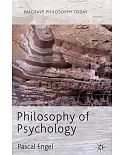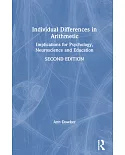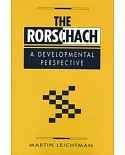Integrative Therapy, Second Edition is a practical guide to the knowledge and skills needed to work integratively as a therapist. For many therapists it is clear that no one
approach can offer everything they and their clients need. However, by combining elements from different models, a more flexible and potentially more effective way of working can be
developed.
The authors describe an adaptable framework for integrative practice, based on their analysis of how therapy works coupled with theories of human development. They draw together research and
case material from all areas of therapy to pinpoint what is common as well as what is different in various approaches, making comparisons throughout between the three major models:
psychodynamic, humanistic-existential, and cognitive-behavioral.
Central to the framework is an understanding of the importance of the therapeutic relationship in the process of change or, in other words, 璽�畋�ow to be with clients' as opposed to 璽�畋�hat to
do'. Linked to this, a method for assessing therapeutic effectiveness is outlined, which does not presuppose stages of therapy or suggest content, but which focuses on therapeutic skill and
attitude. Fully revised and updated, this Second Edition includes new material on neuroscientific advances in psychotherapy as well as research methodology.
Integrative Therapy, Second Edition is an ideal introduction for trainees and for practitioners trained in a single approach, who are looking to work integratively. The book
also features suggested exercises to support its use on courses.





















